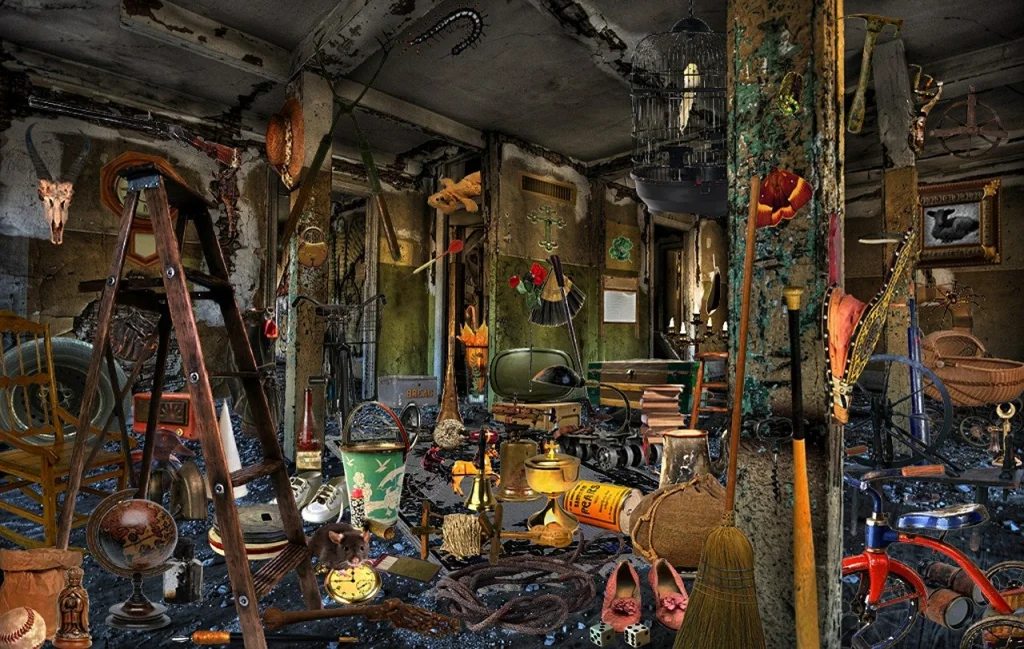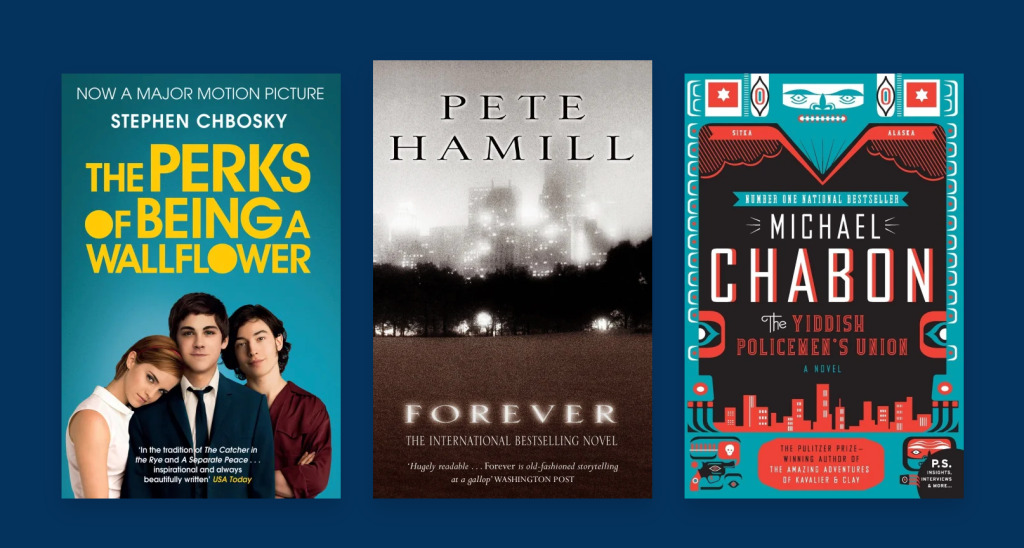I am a detail person. Others define this as a “picky pain in the ass.” But I see it as a positive attribute. It’s important to have a detail person on your side, someone who will find your errors before your readers do. For every Captain Picard there must be a Wesley Crusher, saying why the First Officer’s suggested fix for the wonky warp drive will lead to disaster. For every emperor strutting about in his invisible finery, there must be someone to say he’s got no clothes. And every writer should have another set of eyes on his or her work, particularly a sharp set of eyes belonging to someone who isn’t your spouse or your brother, unless that person can give you the dead-nuts truth. A sharp set of eyes may prevent the following small, but significant errors like:
1. The dreaded anachronism. This is devilishly hard for people who write historical fiction. Especially those who write stories set in recent decades that many readers might have lived through. I once read a manuscript set in the early 70s (yes, sadly, in our age of immediate gratification this is considered historical fiction) in which a character was drinking a Diet Coke. No. No, no, no, no, no. I am a recovering diet soda addict. I know my products. Diet Coke did not come on the market until 1982. This character would be drinking Tab. Yes, it’s a small, picky pain in the ass thing, but if a reader catches it, this can compromise not only his or her experience but your credibility, too. Do your research. Even for the small things.
2. The location flub. That old bit of writing advice, “write what you know,” is sometimes correct. I don’t put total faith in it, otherwise, where would science fiction and fantasy come from? But if a scene in your book takes place somewhere you’ve never been, particularly if this is a well-known location in that area, learn all you can about it. In the best of all possible worlds, you would go there and take a walk around, absorbing all the details from the sights and smells to the sound and the fury. Then you would know, for example, that the Poughkeepsie train station (see photo), is on the National Register of Historic Places, has been maintained in its original, 1918 style, with wooden benches, and gives off a particular smell that’s somewhere between wet wood and old urine. It would not contain rows of blue plastic seating, as one novelist has described. Since I live near Poughkeepsie and have been to that station many, many times, hearing that novelist’s description made her a much less reliable narrator in my eyes.
3. Why is that character wearing a down coat in the middle of summer? This happens to me at times, especially after multiple drafts of a novel. Playing switcheroo with scenes can often mean little details get ignored. Watch for consistency. If you moved the pivotal argument scene between the protagonist and antagonist from an outdoor skating rink in winter to the protagonist’s cabin in Ecuador, she’s going to be awfully warm in that coat.
Have you come across anything in a novel that’s left you scratching your head? If you write, what do you do to make sure some picky pain in the ass won’t write you a letter about your protagonist’s choice of beverage?





Leave a comment